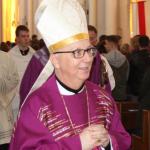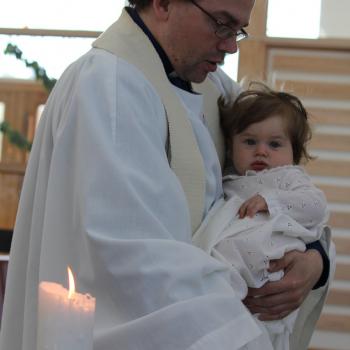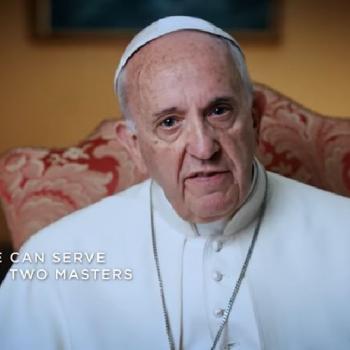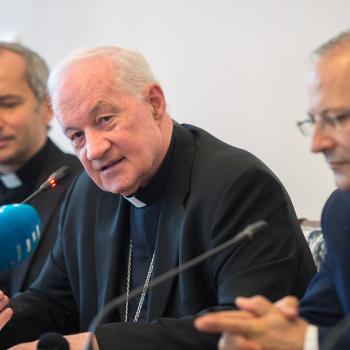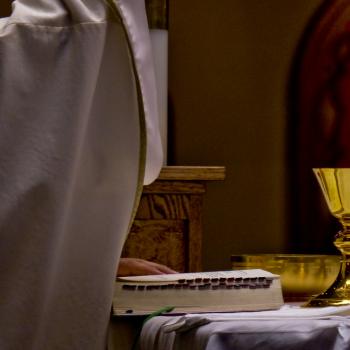“Patriotism is good, but nationalism is not Catholic”. The president of the German Bishops’ Conference, Cardinal Reinhard Marx, continues to be worried about the wave of populist and xenophobic movements currently infecting Europe, from the United Kingdom to Greece. The Archbishop of Munich and Freising’s latest intervention on the subject came on his recent trip to Gdansk, in Poland, to pay tribute to that country’s ‘Solidarity’ movement, an occasion on which he warned that “nationalism is one of the biggest causes of war”, in the face of which “the Church must never cease working or doing something for the unity of Europe”.
“A political majority does not reflect the whole population. I think that is very important to remember”, said Cardinal Marx in an interview with KNA and DW. “The population includes everyone, including minorities”, he recalled, cautioning that “an incumbent party cannot say: We are ‘the people’ to justify turning things upside down and no longer taking other positions and minorities into account”. The cardinal’s remarks mark a significant rejection of the nationalist direction Poland has taken under the ruling Law and Justice Party (PiS), which one commentator has called a turn towards an “illiberal democracy” based on “blood, soil and the fear of the ‘other’“: that is, of Muslim migrants.
“As a Church, we should stand up for a society of responsible freedom”, said Marx, recalling that “people should be free to choose a political party, for – or against – a religion”. “I would like to live in a society in which freedom of opinion, conscience, and religion prevail – even a society where people do not agree with me or my religious convictions”, he added.
“The Church has always viewed the unity of Europe positively”
For Marx, it is not that countries on the Old Continent today should content themselves with striving to be liberal societies endowed with democratic freedoms. The cardinal made it clear that the push towards a more integrated Europe is a “moral” imperative, for which reason “the Church has always viewed the unity of Europe positively, even today”.
“Our interconnectedness necessitates that we stand up for each other so that something positive can be the outcome”, declared Marx, suggesting that the countries of the continent must work towards a “social Europe”, which must necessarily entail “common guidelines for a refugee and migration policy” among the Group of 28, or 27 after ‘Brexit’.
As for the role believers must play in this necessary move towards a more integrated and “social” Europe, Marx was clear. Despite “legitimate” differences of opinion in politics on both a national and European level, “it is always necessary”, for Catholics and other people of good will, “to stand up for individual liberties, for minorities, for respect and for the fundamentals of democracy – for what it takes for a free and open society to function with stability”.
“It is a kind of symbiosis that requires constant work”, warned Marx. “And if you turn away for just a second, you’ll soon find out. The dangers [of neglect] become apparent very quickly”.

